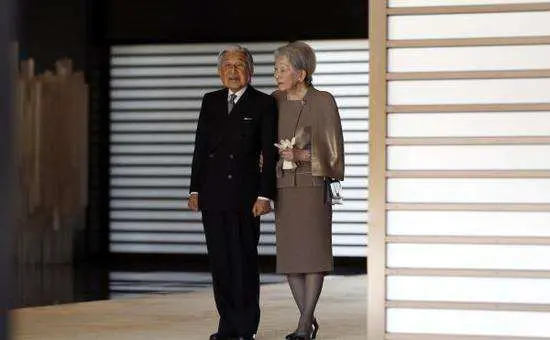New Zealand's commitment to human rights was questioned Friday with news that the government had rejected 34 of 155 recommendations made by the United Nations Human Rights Council (UNHRC).
The UNHRC had adopted the second review of New Zealand's human rights record after the government accepted 121 of the UN States' Universal Periodic Review's (UPR) recommendations, the government' s Human Rights Commission said.
"New Zealand has a high realization of human rights, but this doesn't happen by chance. High level engagement with non- governmental organizations (NGOs) and our efforts to reduce violence, promote diversity and improve the quality of life of our most vulnerable has been recognised by the UN Human Rights Council, " Chief Human Rights Commissioner David Rutherford said in a statement.
Reducing violence and abuse, particularly as they impact on women and children, strengthening children's rights, reducing inequalities, responding to the aftermath of the Canterbury earthquakes and advancing indigenous rights for Maori were key areas for improvement, Rutherford said.
The Human Rights Commission would now coordinate the development of New Zealand's Second National Plan of Action for human rights, he said.
However, international rights group Amnesty International said the rejection of key recommendations to address social inequality was "deeply concerning."
A significant number of the rejected recommendations offered specific advice on strengthening legal protection of economic, social and cultural rights that would guide genuine solutions to addressing New Zealand's poor performance on issues such as child poverty, Amnesty International New Zealand advocacy manager Amanda Brydon said in a statement.
New Zealand had one of the highest rates of relative child poverty in the developed world, with children frequently missing out on meals, getting sick with third-world diseases, living in poor housing conditions, underachieving at school and feeling marginalized in their communities, she said.
"Unfortunately, despite commitments to do so, the government isn't doing its utmost to address this, as by accepting some recommendations while rejecting others they are simply taking a band aid approach," said Brydon.
New Zealand's rejection of the recommendation to rule out the transfer of asylum seekers to detention centers in third countries was also cause for grave concern, she said.
"With New Zealand's bid for a seat on the United Nations Security Council drawing closer, the UPR process was a key opportunity to prove that New Zealand is committed to putting human rights protection at the centre of everything to do."
Legal experts and opposition parties in January accused the government of omitting some of the country's main human rights failings in its report to the UNHRC.
The New Zealand Law Society said at the time it was concerned that Justice Minister Judith Collins' report did not advise what were considered to be significant and "serious" human rights issues in the New Zealand context, and submitted a "shadow report" that referred to the enactment of five laws that appeared to be inconsistent with the New Zealand Bill of Rights.
The Universal Periodic Review was New Zealand's second, after the first in 2009. All 193 UN member countries are required to be examined and report on their human rights performance every four and a half years.
 简体中文
简体中文

